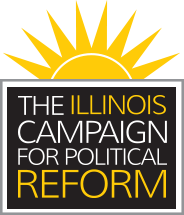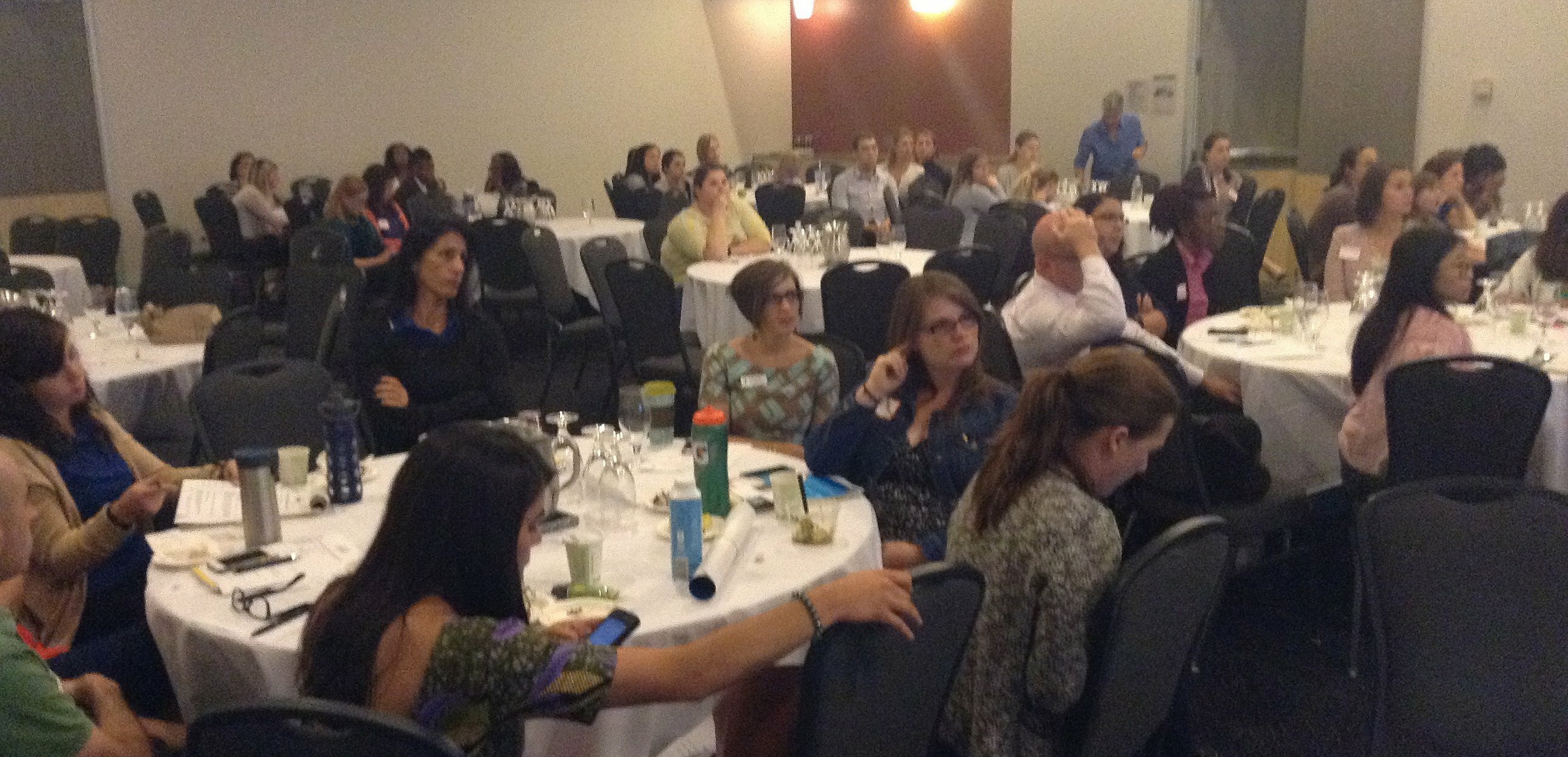 Karen Sheley, staff attorney at the American Civic Liberties Union of Illinois, stopped by Chicago’s OpenGov Hack Night to give an overview of the ACLU’s work and describe how they use data to inform their advocacy.
Karen Sheley, staff attorney at the American Civic Liberties Union of Illinois, stopped by Chicago’s OpenGov Hack Night to give an overview of the ACLU’s work and describe how they use data to inform their advocacy.
The ACLU has a long and storied history, first being formed in 1929 and focusing on racial justice, religious liberty, freedom of expression, the rights of children and people with disabilities, criminal justice reform, fairness for Lesbian, Gay, Bisexual, Transgender individuals and reproductive justice. They have over 20,000 members in Illinois.
The ACLU advocates for transparency through legislation, litigation, and FOIA requests through the following reports:
- CPD Traffic Stops and Resulting Searches in 2013
- Stop and Frisk in Chicago
- The War on Marijuana in Black and White
Criminal Justice Reform
One of the main focuses of the ACLU is criminal justice reform, but every aspect of their work is data focused. The ACLU of Illinois is currently working on a a disparate impact case on response to 911 calls. They’re also working on an lawsuit regarding the Mayor of Peoria who responded to someone making a parody twitter account by issuing warrant for arrest.
One example of their works is the Traffic stop statistical study act — 625 ILCS 5/11-2012. It creates a database that records the details of the all the traffic stops in the state. They’ve used the datasets to find disparities in the race distribution of stops relative to population. They found that African-Americans are disproportionately stopped and with even greater disparity in white neighborhoods. The hit rate (the rate in which the police actually find something) is much higher for whites that other races. The conclusion of the ACLU is that the bar is set higher for stopping a white person than other races. You can see the details of that study on the ACLU website.
The ACLU has also used data to produce a report about the impact the War on Drugs has had on African-Americans. Almost all of the data that the ACLU was already open to the public. The study found that even though drug use is about even between white and black people, the arrest rate for black people is much higher. They’ve used this data to lobby Illinois state government for changes in the law.
Most recently, the ACLU has created a report on Stop and Frisk in Chicago. Stop and Frisk is when a police officer stops a residents because they have reasonable suspicion that they are about to commit a crime, and that the resident may create a danger to the officer because you may have a weapon. The ACLU feels that the policy has been abused in Chicago.
A most lawsuit that the ACLU was in involved with was the stop and frisk of Olympic gold medal speed skater Shani Davis. Shani was aggressively stopped a few blocks from his mother’s house in Roger’s park. The case was settled with one of the clauses being that the city had to collect more information about stops including an explanation for the reason of suspicion.
As part of a FOIA request by the ACLU, they found that 2014 Chicago had four times the number of stops compared to New York City. (Which really shocked them) The ACLU recommends that the city improve their data collection, have Chicago Police Officers issue receipts when they’re stopped, and require additional training on the use of stop and frisk.
Another effort by the ACLU is to regulate Automated License Plate Readers (ALPRs). These devices can be attached to police cars and can collect all information on every car on the street and geotags it. Currently, there aren’t any restrictions on how this information is stored. State House Bill 3289 regulates this and it’s waiting on action in the Illinois Senate.
You can view the entire presentation here:






